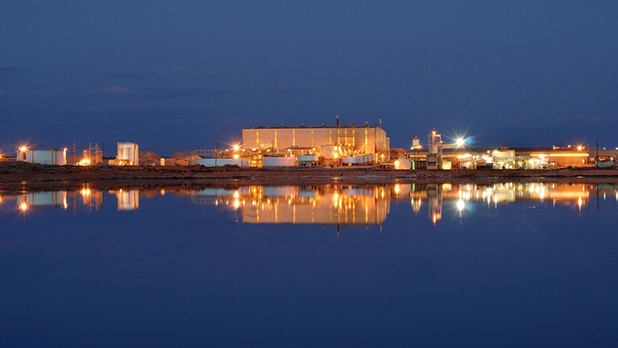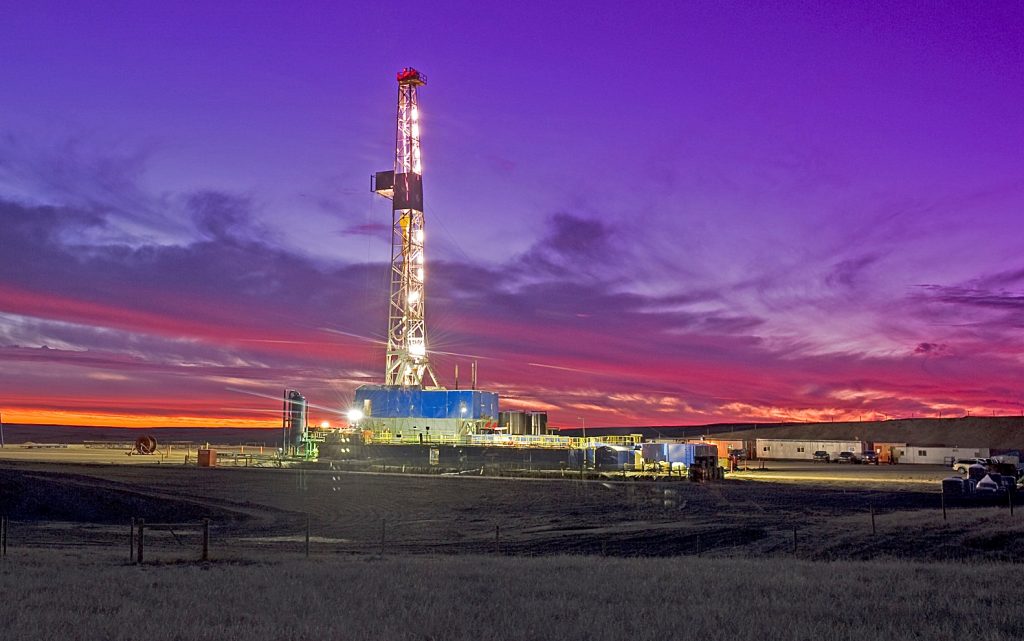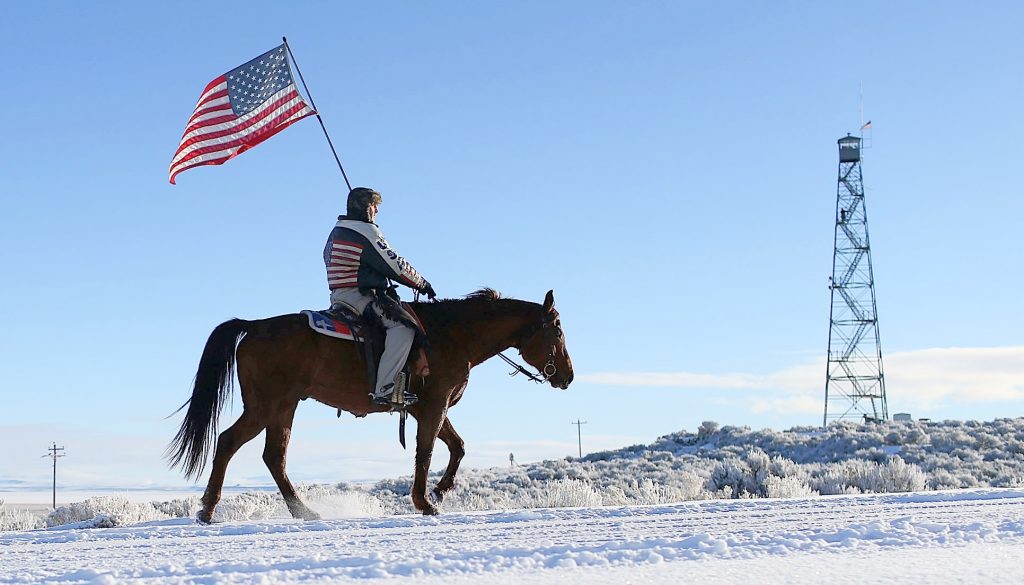Despite their hysterical claims and protestations to the contrary, the existing scientific evidence shows hydraulic fracturing processes do not pose a systemic impact on groundwater.
Fracking-contaminated groundwater: The myth that failed
The myth that hydraulic fracturing, commonly called “fracking,” of oil and natural gas is responsible for the widespread, systemic contamination of groundwater (the stuff you drink) is one that is proving tremendously hard to kill. Like a hoard of Birkenstock-and-white-sock-wearing terminators—and here I paraphrase the film—proponents of fracking bans can’t be bargained with, can’t be reasoned with, can’t feel pity or remorse or fear, and they absolutely will not stop, ever, until fracking is dead.
No matter how many blows they get dealt, they keep on coming. No matter what the scientific literature says, they will not stray from their mission.
When you recognize you are dealing with people who consider the piffle in an anti-fracking piece of Manichaean agitprop like the film Gasland to be holy writ, this isn’t very surprising.
The problem, however, is not that the congregation believes these things (cultists gonna cult); the problem is your average layman, who does not follow this issue too closely, is also susceptible to believing these things.
Simply put, despite their hysterical claims and protestations to the contrary, the existing scientific evidence shows hydraulic fracturing processes do not pose a systemic impact on groundwater. The latest blow comes from Wyoming’s Department of Environmental Quality (DEQ), which released a final report earlier this month on drilling activity near the town of Pavillion.
A December 2011 draft report by the Environmental Protection Agency (EPA) that hinted at a link between drilling and water contamination turned Pavillion into a locus of the hydraulic fracturing debate, despite then-EPA Administrator Lisa Jackson stating after the report’s release, “… in no case have we made a definitive determination that the fracking process has caused chemicals to enter groundwater.” EPA officials also expressed concern internally over the “inflammatory and irresponsible” media coverage of the report.
After EPA’s handling of the testing was criticized by the Bureau of Land Management and the U.S. Geological Survey, among others, EPA turned the investigation over to DEQ in 2013.
The DEQ report concluded drilling activity did not contaminate well water there and that any contaminants found in those wells were likely to be naturally occurring. Further, the monitoring wells EPA drilled were done incorrectly, and the agency itself accidentally introduced the very contaminants that it later detected and reported on.
“Evidence does not indicate that hydraulic fracturing fluids have risen to shallow depths utilized by water-supply wells,” states the report’s accompanying fact sheet.“Also, based on an evaluation of hydraulic fracturing history, and methods used in the Pavillion Gas Field, it is unlikely that hydraulic fracturing has caused any impacts to the water-supply wells.”
The DEQ report is no lone wolf. Since 2010, there have been at least 15 of these peer-reviewed studies have been produced, including ones by the Bureau of Economic Geology at the Jackson School of Geosciences at the University of Texas-Austin, the Department of Geology at the McMicken College of Arts and Sciences at the University of Cincinnati, the California Council on Science and Technology and the Lawrence Berkeley National Laboratory, the Department of Energy’s National Energy Technology Laboratory, and Germany’s Federal Institute for Geosciences and Natural Resources.
The most noteworthy of these is a multi-year study conducted by the EPA itself. Released in June 2015, the study is widely considered to be the most exhaustive research to date on the subject of hydraulic fracturing. The EPA researchers found fracking has not led to systemic impacts on drinking water, stating, “the number of cases where drinking water resources were impacted is small relative to the number of hydraulically fractured wells.”
The fracking process has transformed the energy outlook of the United States over the past decade, and the rise of shale gas as a replacement for coal has been primarily responsible for the United States now enjoying its lowest level of carbon-dioxide emissions since 1989. The oil and natural gas hydraulic fracturing has enabled us to exploit are cost-effective and abundant, and they can ensure the United States is the world’s largest energy producer well beyond the 21st century.
Federal, state, and local governments have tested thousands of sites for hydraulic fracturing pollution of groundwater and drinking water resources. Flatly, there is no scientific justification for banning hydraulic fracturing or over-regulating it out of existence over concern for groundwater contamination. Regulation should only be based on the best available scientific literature, not on wild, unfounded claims of based on misinformation, fear, and superstition.




The author is absolutely correct, that this once again, is a push by uninformed individuals. Fracking has been in place for many years, long before some of the cult were even born. This, coupled with the media’s lack to detail and wanton need for sensationalism has once again blown things out of proportion without following the evidence/facts.
Does any of this whining sound familiar? It should, it is basically the same group or “Cult” that has still not come to the realization that their candidate Clinton lost to President-Elect Donald Trump. These are the same group that has stood and interfered with the building of a pipeline in Dakota without any evidence and the pure fact that the pipeline route was already approved by the government and the tribes.
Now, they will shoot holes in every scientific finding until 1/10,000 goes their way and believe that one is Gospel. Kids, you are losing out on potential good jobs with your protesting. If you used half of that energy to go get a job, instead of waiting for a handout you think is owed to you. Get out from under mom and dad’s roof and get a feel for what reality is. It is not living and being a professional student.